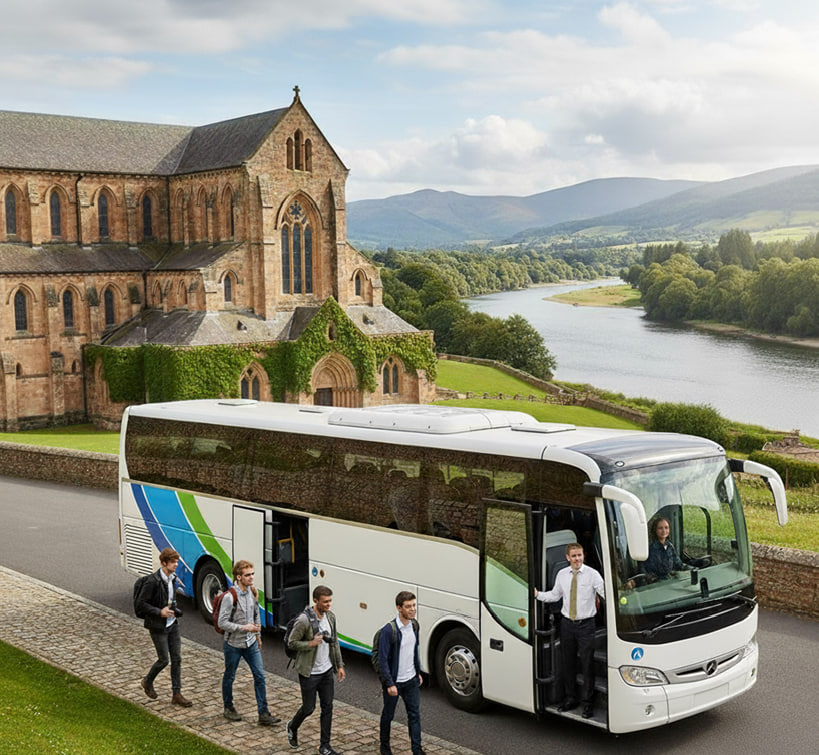Long before Wood River became a thriving town with schools, businesses, and neighborhoods, it was a stretch of untamed land—dense with forest, rich with wildlife, and filled with possibility. The story of its transformation begins with the pioneers, the men and women who braved uncertainty and built a life where none had existed before.
These early settlers were not just farmers or laborers. They were dreamers, survivors, and builders of a new community. Their lives laid the groundwork for everything Wood River would become—and their legacy continues to shape the town to this day.
Arriving at the Edge of the Frontier
In the early 1800s, the Wood River region was still considered part of the American frontier. Illinois had only recently become a state, and much of the area was unsettled. Drawn by fertile soil, access to rivers, and the promise of opportunity, families began to arrive—often traveling hundreds of miles by wagon or riverboat.
They cleared dense forests by hand, built log cabins with whatever materials they could gather, and planted crops that would feed their families through harsh winters. Their days were long and labor-intensive, but their determination was unwavering.
Among the earliest families to settle in the region were the Vaughns, Murrays, and McKees—names still recognized in the area today. These pioneers helped establish the first churches, schools, and community centers, often sharing their homes for public gatherings until permanent structures could be built.
Everyday Life on the Frontier
Life for the pioneers was anything but easy. Illness, isolation, and the threat of crop failure were constant concerns. Medical care was scarce, and most families relied on home remedies and community knowledge. Yet despite these hardships, the pioneers built strong, interdependent communities rooted in cooperation and resilience.
Children were expected to help with farming, cooking, and household chores from a young age. Education, when available, took place in one-room schoolhouses with a single teacher and limited supplies. Social gatherings were rare but treasured—barn dances, church picnics, and quilting bees provided brief escapes from daily labor.
Through it all, these early settlers carried with them the traditions and values of the regions they left behind—many from the eastern U.S. and Europe—blending cultures into the fabric of the growing town.

Building a Foundation
One of the most remarkable traits of Wood River’s pioneers was their commitment to building for the future, not just for themselves. Roads, mills, and bridges were constructed through collective effort. Land was donated for cemeteries, schools, and churches. When a neighbor was in need—whether due to illness, fire, or tragedy—the community responded.
It was this shared vision of mutual support that turned scattered homesteads into a functioning town.
Honoring Their Legacy
Today, we honor the pioneers of Wood River not only through monuments and historical records, but through the enduring spirit of the town itself. Their courage, persistence, and sense of purpose continue to inspire new generations.
Visitors can still trace their steps by exploring places like Vaughn Cemetery, where many early settlers are buried, or visiting the Wood River History Museum, where artifacts and photographs bring their stories to life.
The pioneers of Wood River were more than names in a ledger or faces in faded photos. They were real people—parents, workers, soldiers, immigrants—who believed in something larger than themselves. Through their labor and sacrifice, they turned wilderness into home, and in doing so, gave rise to a community that still thrives over 200 years later.




